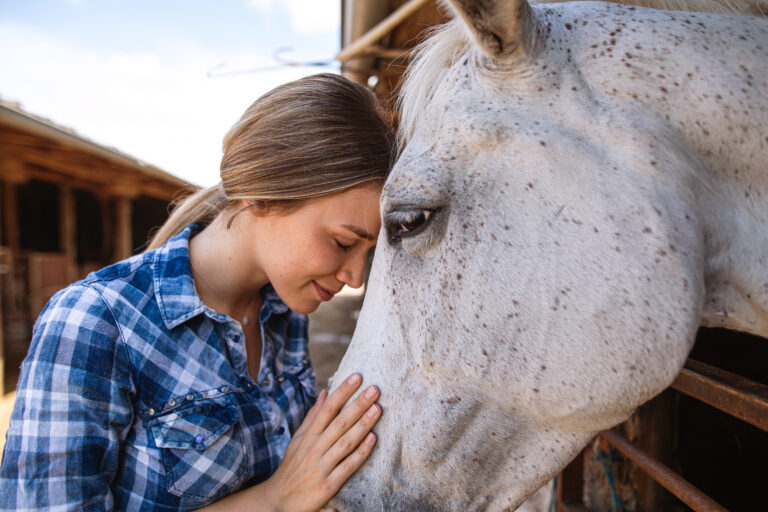Caring for a senior horse in cold climates requires special attention and adjustments to ensure their well-being. As horses age, they face unique challenges, particularly when exposed to harsh weather conditions. It’s crucial to understand the needs of senior horses and how to provide the best care during the winter months.
In this comprehensive guide, we will explore the specific requirements of a senior horse in cold climates, offering valuable insights and practical tips to keep your equine companion healthy and comfortable. Whether you’re an experienced equestrian or a newcomer to the world of horses, this article will equip you with the knowledge to give your senior horse the care they deserve.

Understanding the Needs of Senior Horses
Recognizing the Signs of Aging
As horses age, they undergo physical changes that affect their health and ability to cope with cold weather. It’s essential to recognize the signs of aging, such as weight loss, dental issues, and reduced mobility, to address their needs effectively.
Physical Changes and Challenges
Senior horses may experience a decrease in muscle mass, joint stiffness, and slower metabolism. These changes can impact their ability to generate body heat and maintain a healthy weight, making them more susceptible to the cold.
Preparing for Winter
Adjusting Feeding Regimens
Proper nutrition is vital for maintaining the health of senior horses in winter. Providing high-quality forage and adding supplements can help support their energy needs and overall well-being. For more tips on equine nutrition, visit hydration in summer.
Ensuring Adequate Shelter
Providing a warm and dry shelter is crucial for protecting senior horses from the elements. Ensure that their living space is insulated and free from drafts to keep them comfortable and prevent health issues.
Maintaining Health and Well-being
Monitoring Body Condition
Regularly assess your horse’s body condition to ensure they maintain a healthy weight. This is particularly important for senior horses, as weight loss can lead to further health complications in cold climates.
Exercise and Mobility
Exercise is essential for maintaining joint health and muscle tone in senior horses. Even during winter, ensure they receive regular, gentle exercise to promote circulation and mobility. Check out our guide on exercise for older horses.
Routine Health Checks
Regular veterinary check-ups are crucial for monitoring the health of senior horses. These visits can help identify potential health issues early and provide guidance on managing their care in cold climates.
Additional Care Tips
Blanketing
Using blankets can help senior horses maintain body heat during cold weather. Choose blankets that fit well and provide adequate warmth without restricting movement.
Foot Care
Winter conditions can affect hoof health, so regular trimming and maintenance are essential. Ensure that your horse’s hooves are clean and dry to prevent issues such as thrush.
Dental Care
Dental health is crucial for senior horses, especially in cold climates where their ability to chew may be compromised. Regular dental check-ups can prevent issues and ensure they receive proper nutrition.
Conclusion
Caring for a senior horse in cold climates demands dedication and attention to detail. By understanding their unique needs and implementing appropriate care strategies, you can help your senior horse thrive even in harsh winter conditions. Remember, their comfort and well-being depend on the care and support you provide.

FAQs
How can I keep my senior horse warm in winter?
Providing adequate shelter, using blankets, and ensuring proper nutrition are key to keeping your senior horse warm in winter.
What should I feed my senior horse in cold climates?
High-quality forage and appropriate supplements can help meet the nutritional needs of senior horses in cold climates.
Why is exercise important for senior horses in winter?
Exercise helps maintain joint health and circulation, which is essential for the mobility and overall health of senior horses in winter.
For more information on caring for senior horses, visit this guide.
This article contains affiliate links. We may earn a commission at no extra cost to you.
